House History Blog
|
Most people who set out to discover the history of their house do so because they are interested in finding out about it’s origins and the people that lived there. There are some however, that see a home history as a means of boosting their property’s value and it’s saleability. For some time and particularly since the most recent economic downturn vendors and their agents have been looking for ways to give their properties an edge. An article in the Daily Telegraph by David Rose rekindled the discussion, as he set out how sellers keen for a good price are hiring historians to discover interesting facts about their properties in order to sell them for a higher price. Estate agents, he says are “including the details of a property’s past to add interest to historic buildings amid a surge in public curiosity about the provenance of their homes”. 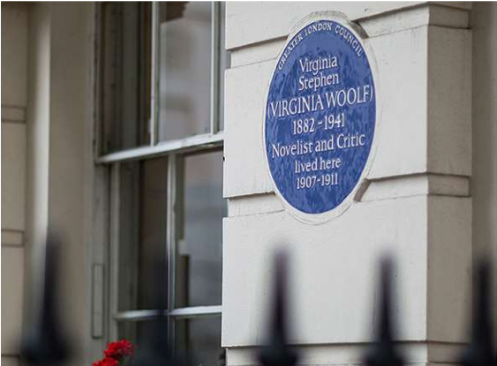
But does the history of a house add any value and more important could it even detract from it?
Certainly in America it has long been held that in certain historic districts home values rose between 5% to 35% compared with home values in undesignated neighbourhoods within the same communities, A study by the Washington based National Trust for Historic Preservation a few years ago found that US homes in historic neighborhood designations were more likely to be protected from “out of character” refurbishments or new “inappropriate” buildings thus ensuring that those aspects that made the area so attractive to buyers are protected over time. The study discovered that even if the home’s price didn’t rise, it is less likely to fall if the neighborhood is in a historic district. In the UK we, of course call these districts a conservation areas but it’s essentially the same.
In the UK people pay a premium to live in a conservation area because they are buying into the quaintness of an area of special historic interest. In fact the status of a conservation area is not confined to rows of high value Georgian or Regency buildings but can be conferred on fishing and mining villages, 18th and 19th century suburbs, model housing estates, country houses, historic transport links and their environs, and even stretches of canal.
Also it is said that houses with blue plaques (there are reckoned to be 850 in London alone) which are affixed to the walls of houses where famous people once lived can add thousands of pounds to the value of a property. So it seems that there is a premium to be paid for a house with an historic interest or famous residents and therefore it could be worth tracing the history of your house for that reason alone. Various attempts have been made to add house provenance to the rest of the details provided in the sales literature with varied success. At one time, and for all I know it may still be continuing, a major estate agent employed a top house historian to provide house “readings”
There can be little doubt that in a tough market a property that has a well documented interesting history might have the edge over other similar properties. Does it really add value on its own and if you are using the history of your house to increase its sales potential, do you also have to be careful what you find?
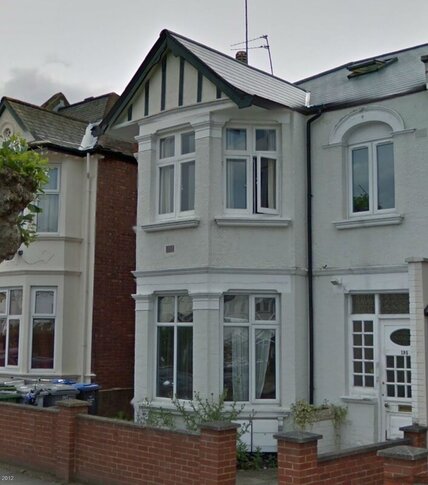 The North London flat where serial killer Dennis Nilsen slaughtered rent boys and cooked their remains was on the market a few years ago The North London flat where serial killer Dennis Nilsen slaughtered rent boys and cooked their remains was on the market a few years ago
Stories about the life (and death) of residents who once lived in your house might be fascinating but what if you find a grisly secret? Anyone who has researched homes knows that the past was not always rosy and houses have had their share of dubious stories that might not improve sales potential. As historian, David Olusoga presenter of A House Through Time TV programme pointed out we don’t have to go far back in our national past to find ourselves in an age where births and also deaths took place in the home rather than hospital. So it’s not unlikely that some births and several deaths took place in your house and most likely in your bedroom. You can probably live with that – you probably do - but how about if they were murdered? Does that alter things? What if a former resident was a serial killer or committed suicide? If you live in America you have to be careful when selling a house because in some states you must disclose whether any deaths occurred in the property within the last three years. By contrast other states explicitly tell sellers that they do not need to disclose deaths on the property to buyers. A nationwide survey here by Sell House Fast, reveals that 36% of us wouldn’t buy a property if we were told that someone had died there. Not surprising perhaps this increases when they find out that there has been a murder or suicide and 67% of homebuyers can’t imagine living in a property with a history of violent death. Just as an aside respondents were also concerned about other issues that may have taken place on the property, with people expressing reservations about buying a property that had been the site of rape or other violent crime (21%), followed by illegal drug production (13%) and house repossession or eviction (7%). You can just imagine how that would read in the estate agent’s usual sales pitch – "Semi detached, three generous bedrooms, a large garden –and the site of a gruesome murder." 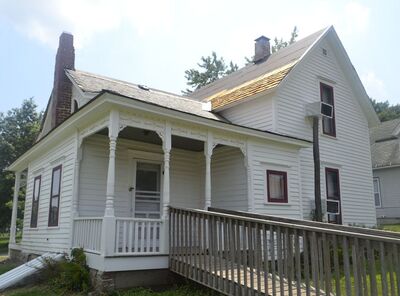 Villisca Axe Murder House Iowa. In 1912 six membes of the Moore family and two visitors were bludgeoned to death. Axe wounds were also found on each, giving rise to the home's name. The murderer was never found. Villisca Axe Murder House Iowa. In 1912 six membes of the Moore family and two visitors were bludgeoned to death. Axe wounds were also found on each, giving rise to the home's name. The murderer was never found.
But that is not the only downside to tracing your house history if it is just for the benefit of improving a sale. What do you do if you find the house is not only the scene of an unpleasant episode but someone also reports that it is haunted?
Should you then tell your prospective purchasers that there is a ghost of Lady Mary Smythe who walks out of the mirror in the upstairs hall and screeches when there is a full moon?
Oh yes! and what happens when you fail to mention Lady Mary’s peregrinations and she scares the hell out of the new owners five year old son leaving him traumatised and they sue you? But as there is no such thing as ghosts (are there?), perhaps we should not dwell on this for too long.
Meanwhile over the other side of the Atlantic in the US they are so worried about home deaths that if you Google the subject you will find pages and pages of people asking if there’s a way to find out whether someone died or their house is haunted.
The older and perhaps grander the house the more likely your story is going to include some, let us say, les salubrious goings on and you might want to use the edit pencil on some of the tales if you think it is going to have a negative effect on your ability to sell.
For me the joy of finding out more about the celebrations, dramas and tragedies of the people who lived in my house, my ancestor’s house or client’s houses - warts and all - is all consuming. I will go where that leads me. FindmyPast surveyed house buyers last year and found that historical properties are becoming increasingly sought after across the UK. Their findings reveal that over a quarter of surveyed homebuyers in the UK are prepared to pay £16,000 more on average for a house with a history, despite the recent sharp rise in property prices. The survey found that of those actively seeking property to buy 22% were actively researching the history of their home. So! am sure that in the right area and with the right building, a well documented house provenance does no harm and might well add to the value, but as we have seen it depends on the story.
Resources and links mentioned in this blog
David Rose in Daily Telegraph “Could your house be a secret goldmine?” Benchmark House Histories National Trust for Historic Preservation BBCA House Through Time Who died in House Christopher Middleton in Daily Telegraph Why houses will sell
1 Comment
|
Trace my HouseOccasional blog with hints and tips to help you trace the history of your house and its occupants.and a general review of the world of house historians Archives
June 2024
CategoriesRecent Posts |
The HouseLand Registry
Maps Manorial Records Other Records Postcards & Photos Enclosures Books & House histories Church & Parish Records |
The People |
|
OUR ADVERTISING POLICY - This website receives no funding or any other form of award and is run voluntarily to provide information to those who want to trace the history of their house. We would like to say thank you to all those who have or will in future click on the advertisements they find on this page. We know they can be a nuisance or distraction and we try to make sure that they are relevant to the information we provide and our readers. However the modest income we receive from them keep the web site going. So thank you.
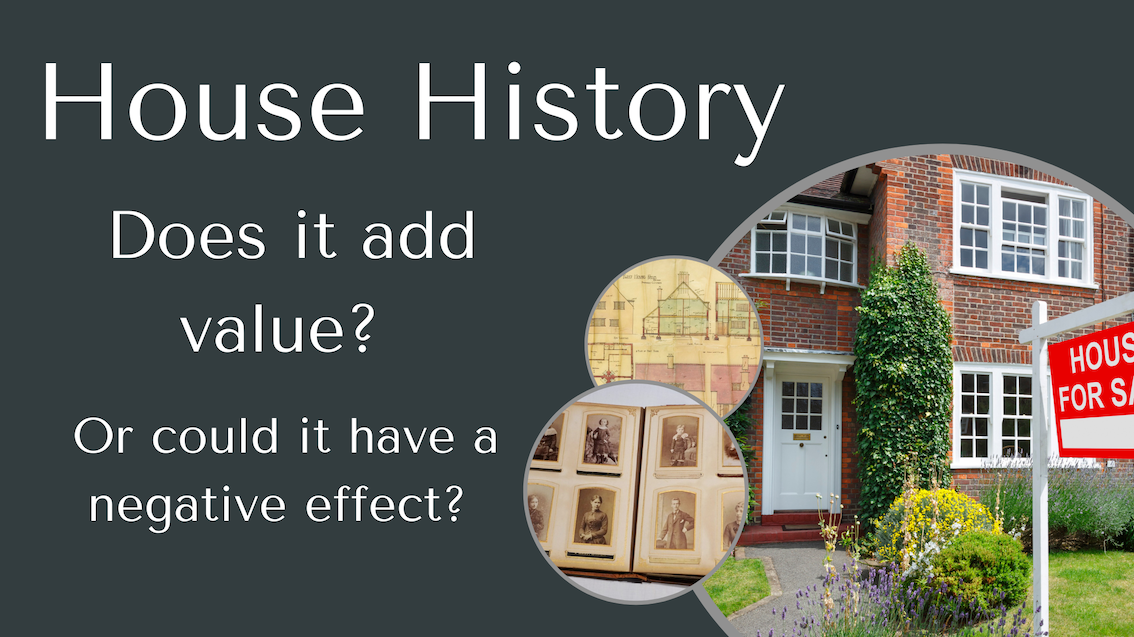
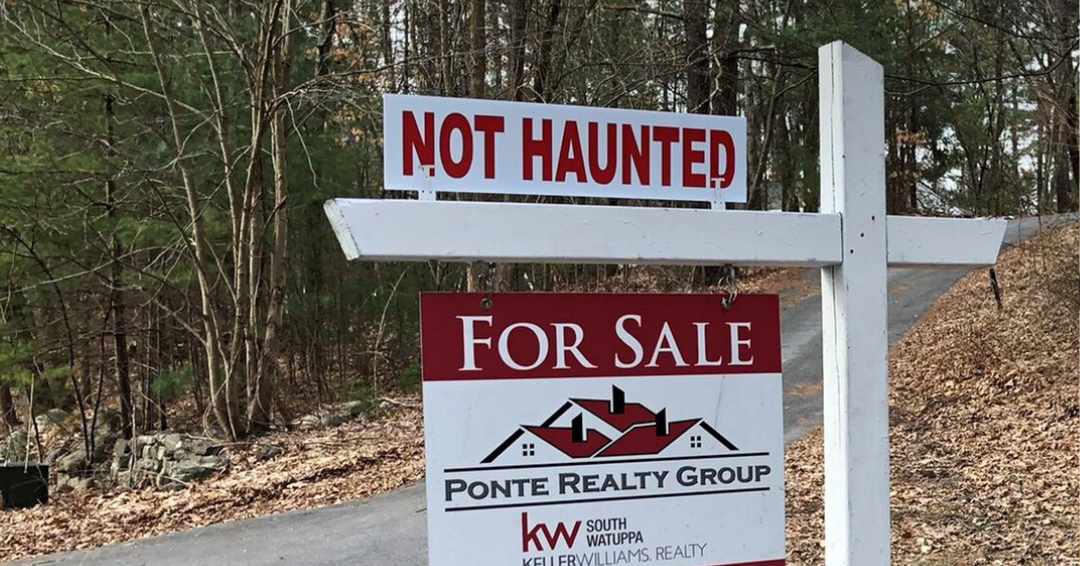
 RSS Feed
RSS Feed